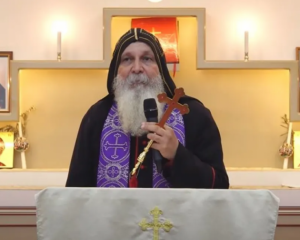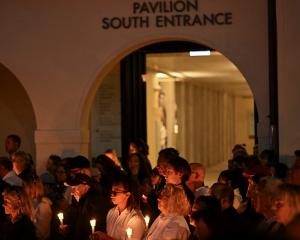Detroit tried in good faith to negotiate an out-of-court settlement with creditors before declaring bankruptcy on July 18, even though it suspected that default was unavoidable, a lawyer for the city told a court.
"I think what the city did was they said: 'This is extremely difficult to achieve, but we're going to try anyway,'" city attorney Bruce Bennett, of Jones Day, said at a trial to determine if the city is eligible for bankruptcy.
"You absolutely can believe in your head that this is never going to work, but try anyway. And I think that is the situation in this case."
The start of closing arguments marked the ninth day of the trial that has stretched across three weeks and included rare testimony from a sitting governor, Michigan Governor Rick Snyder; Detroit Emergency Manager Kevyn Orr; and a parade of other city and state officials, consultants, retirees and union leaders.
Lawyers for the city and the state of Michigan gave closing arguments in the morning in favor of Detroit's eligibility for bankruptcy. The unions, retirees and pension funds objecting to Detroit's bankruptcy were expected to present their closing arguments on Friday afternoon.
Bennett's remarks about Detroit's decision to forego further negotiations came in response to a question from U.S. Bankruptcy Judge Steven Rhodes, who questioned whether the city's arguments were internally inconsistent.
"It strikes me as factually impossible for it to be impracticable for that party to negotiate with other parties in any circumstance, and to negotiate with them in good faith," Rhodes said.
Detroit's unions, retirees and two pension funds are trying to keep the city out of bankruptcy and the city must prove to Rhodes that it meets the criteria for eligibility.
To declare Detroit eligible, Rhodes will need to decide that the city proved it is insolvent, and that it acted in good faith when it decided negotiations with creditors were impractical.
Detroit has $18.5 billion in debt and liabilities, about half of which come from retirement benefits, including $5.7 billion for healthcare and other obligations, and $3.5 billion involving pensions, the city says.
The city presented its financial liabilities on June 14 in a report that offered unsecured creditors, including retirees, only pennies on the dollar to settle their claims. But Bennett said it would be harder to get a deal done out of court as the city's financial situation deteriorated.
In his argument, Bennett invoked testimony from earlier in the trial, when one of the city's top financial advisers testified Detroit was operating on a "razor's edge" and at risk of running out of cash prior to the bankruptcy filing. He stated that it did not have enough time for additional negotiations, especially when creditors were not putting forward what the city considered sufficient counter proposals.
"What would more time have led to? There was no evidence or any other indication that the city could have looked at and said there was a path to a deal," Bennett said.
Matthew Schneider, who represents the State of Michigan in the case, made his closing statement on Friday morning, arguing that a "tremendous storm" was headed toward the city.
"The evidence shows the health, safety and welfare of the people of Detroit are at risk," Schneider said.
He noted there are some 78,000 abandoned buildings in the city, about 40 percent of the street lights do not work and the average police response time is 58 minutes.
Rhodes could make a decision on whether Detroit invoke bankruptcy protection as early as this month. The city has indicated that, if it is found eligible, it would like to submit a plan of adjustment to the court by the end of the year.












